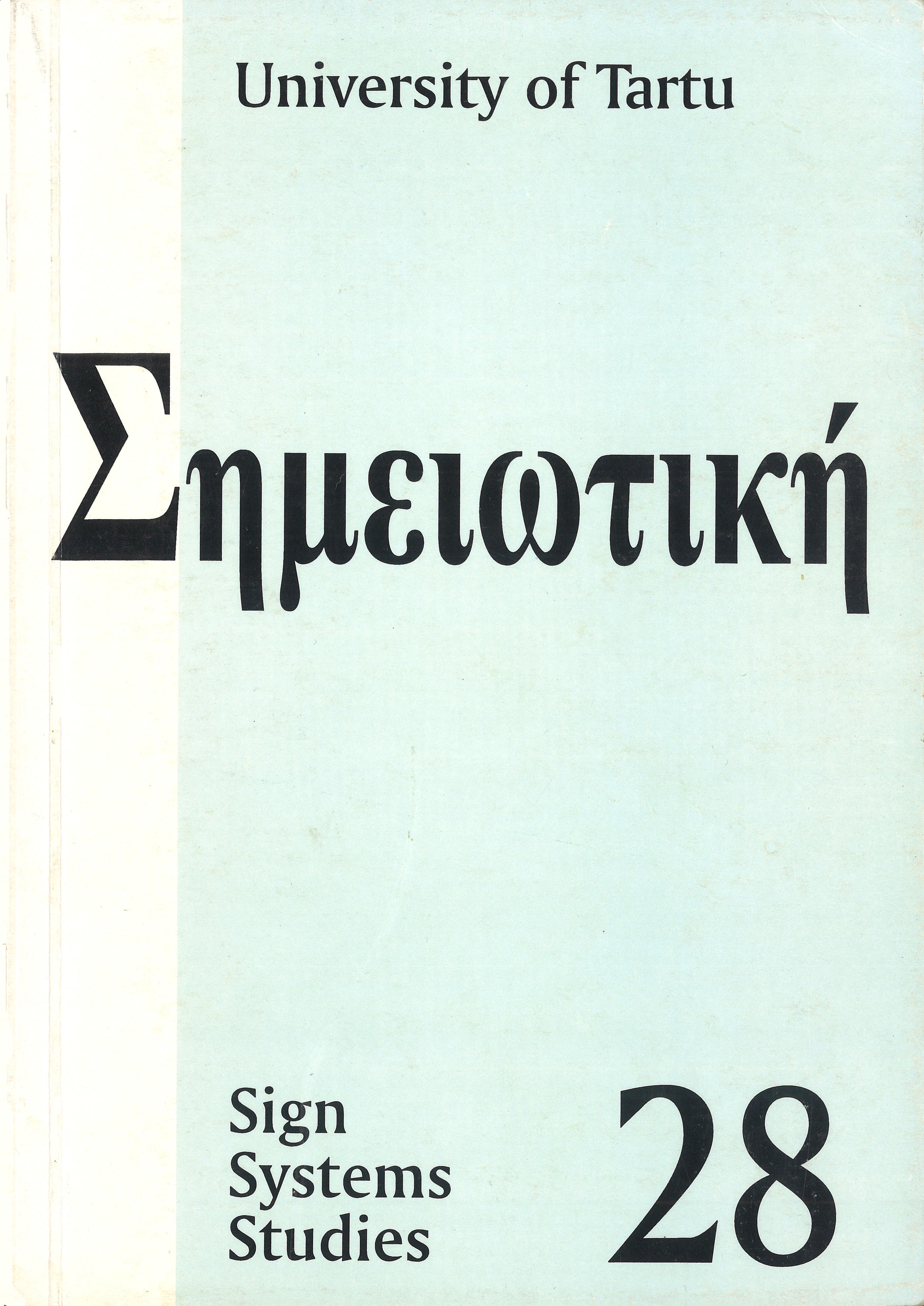V. Nabokov's "Bend Sinister": A social message or an experiment with time?
DOI:
https://doi.org/10.12697/SSS.2000.28.13Abstract
The paper examines V. Nabokov's "strange" novel ''Bend Sinister". The fictional space of the novel is regarded as a process of interaction of different languages or different versions of reality. The philosopher Krug's story unrolls in the imaginary totalitarian state whose ideology combines the elements of fascism, communism and the language of mass psychology. At this level the text is identical with a "social message". The protagonist has to choose between a "private autonomy" and a "bad solidarity". The paper offers the new facts and documents referring to the key symbols of the novel. The language of ''reality'' is deconstructed in the protagonist's idiosyncratical language, the language of his thoughts, recollections and dreams. Scientific metaphors are crucial in thedeconstruction and help to reveal metafictional nature of the text. The analogies with painting, relativist physics, logical paradoxes (Russell's and Gödel's theories) pemits to investigate the status of the fictional space, its development in time and the fiction of the Author.


